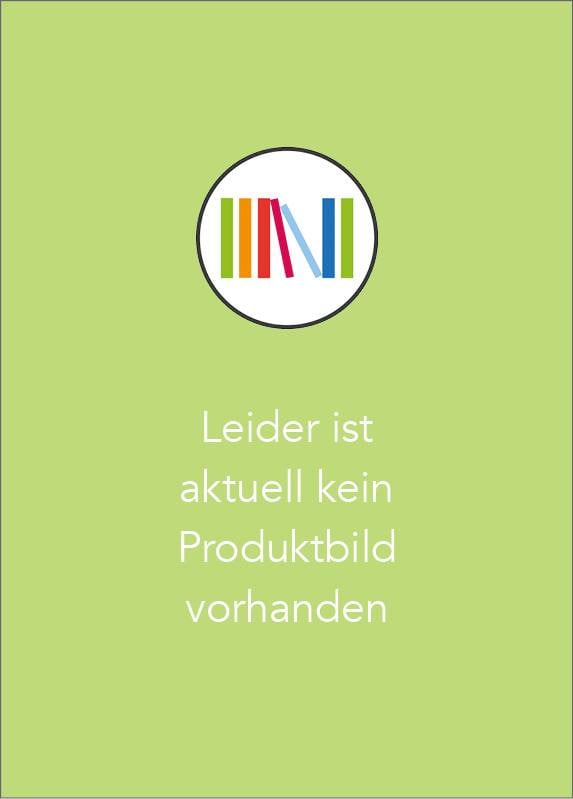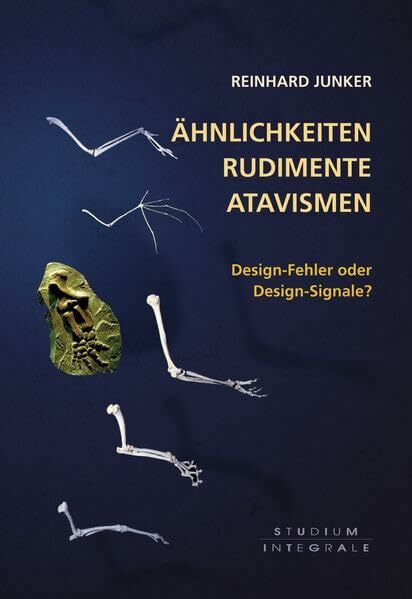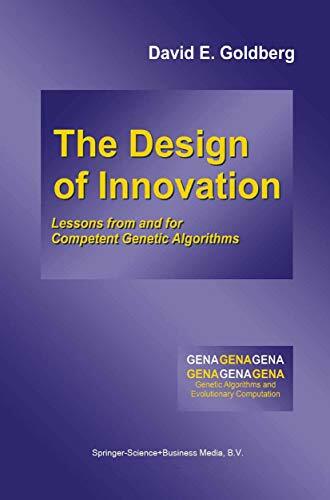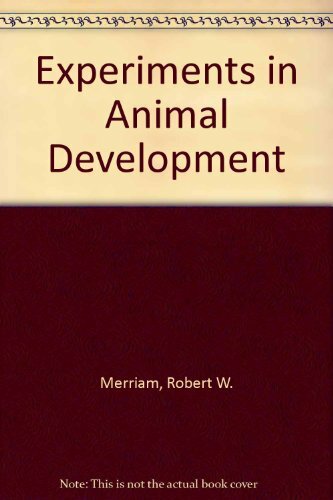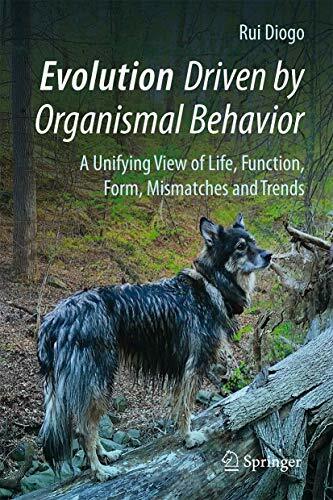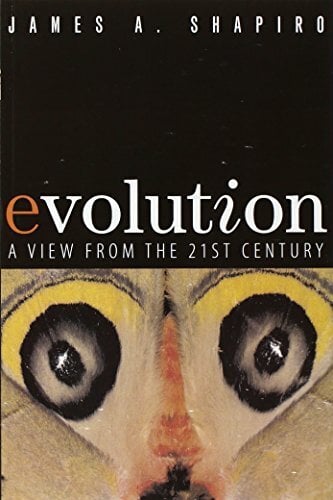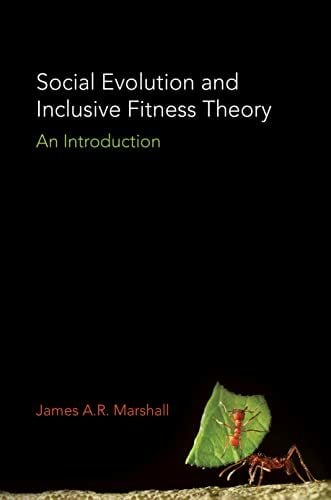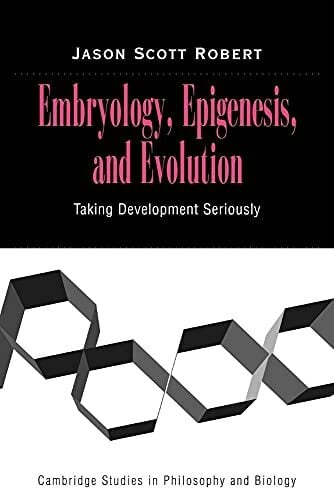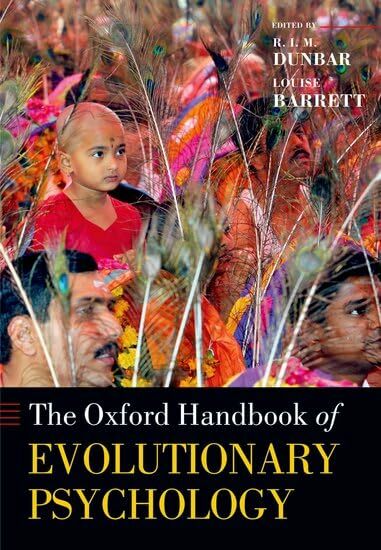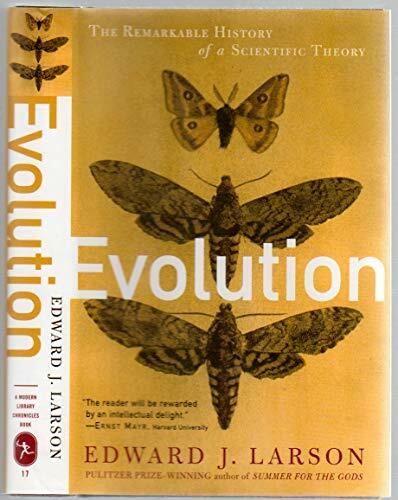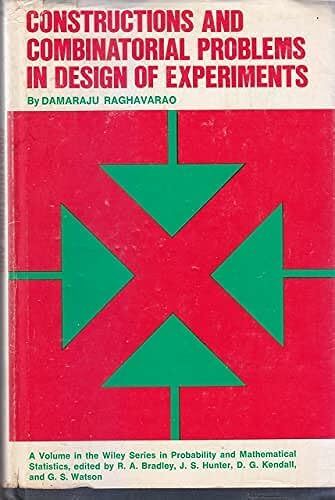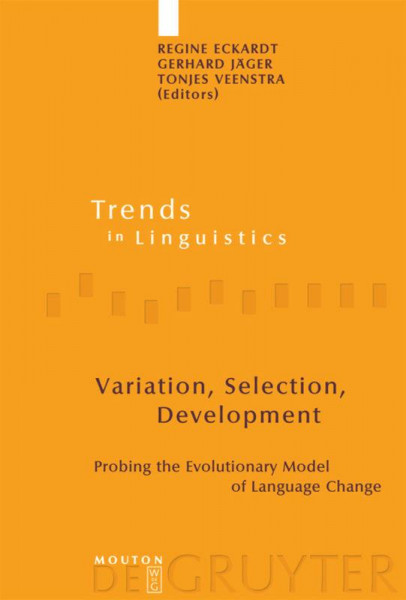
Variation, Selection, Development
Kurzinformation
inkl. MwSt. Versandinformationen
Artikel zZt. nicht lieferbar
Artikel zZt. nicht lieferbar

Beschreibung
Can language change be modelled as an evolutionary process? Can notions like variation, selection and competition be fruitfully applied to facts of language development? The present volume ties together various strands of linguistic research which can bring us towards an answer to these questions. In one of the youngest and rapidly growing areas of linguistic research, mathematical models and simulations of competition based developments have been applied to instances of language change. By matching the predicted and observed developmental trends, researchers gauge existing models to the needs of linguistic applications and evaluate the fruitfulness of evolutionary models in linguistics. The present volume confronts these studies with more empirically-based studies in creolization and historical language change which bear on key concepts of evolutionary models. What does it mean for a linguistic construction to survive its competitors? How do the interacting factors in phases of creolization differ from those in ordinary language change, and how - consequently - might Creole languages differ structurally from older languages? Some of the authors, finally, also address the question how different aspects of our linguistic competence tie in with our more elementary cognitive capacities. The volume contains contributions by Brady Clark et al., Elly van Gelderen, Alain Kihm, Manfred Krifka, Wouter Kusters, Robert van Rooij, Anette Rosenbach, John McWhorter, Teresa Satterfield, Michael Tomasello and Elizabeth C. Traugott. The book brings together contributions from two areas of research: the study of language evolution by means of methods from artifical intelligence/artificial life (like computer simulations and analytic mathematical methods) on the one hand, and empirically oriented research from historical linguistics and creolisation studies that uses concepts from evolutionary theory as a heuristic tool in a qualitative way. The book is thus interesting for readers from both traditions because it supplies them with information about relevant ongoing research and useful methods and data from the other camp. von Eckardt, Regine und Veenstra, Tonjes und Jäger, Gerhar
Produktdetails

So garantieren wir Dir zu jeder Zeit Premiumqualität.
Über den Autor
Regine Eckardt, University of Göttingen, Germany; Gerhard Jäger, University of Bielefeld, Germany; Tonjes Veenstra, ZAS Berlin, Germany.
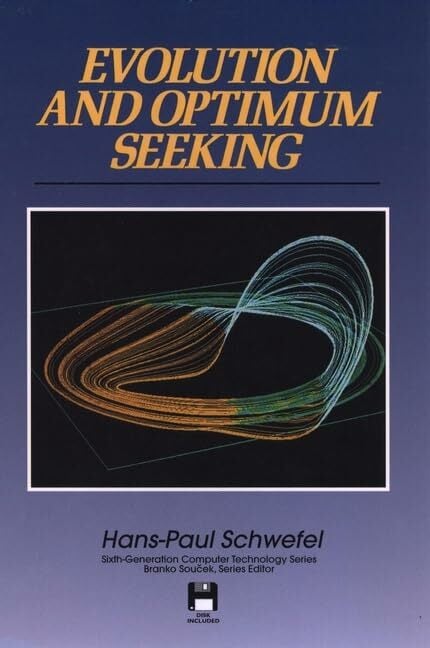
- hardcover
- 456 Seiten
- Erschienen 1995
- Wiley VCH

- Kartoniert
- 428 Seiten
- Erschienen 2016
- mandelbaum verlag eG

- Gebunden
- 326 Seiten
- Erschienen 2007
- Springer

- Hardcover
- 400 Seiten
- Erschienen 2012
- Wiley-Blackwell
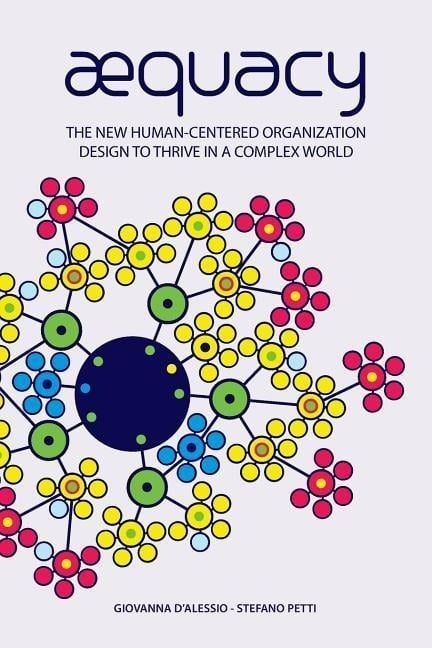
- Taschenbuch
- 246 Seiten
- Erschienen 2018
- Asterys
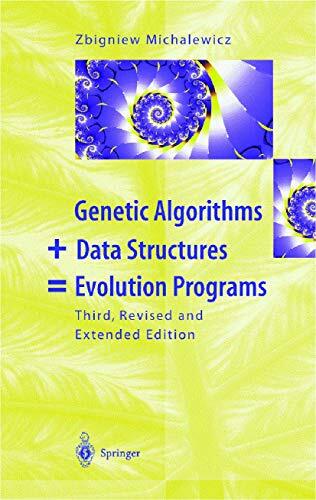
- Gebunden
- 387 Seiten
- Erschienen 1998
- Springer
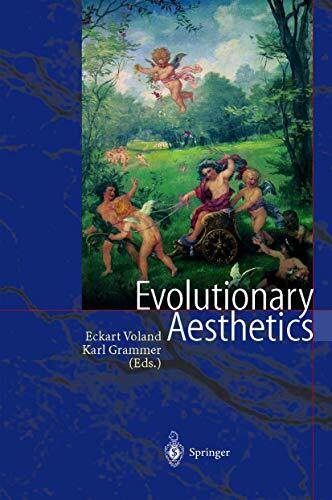
- Gebunden
- 377 Seiten
- Erschienen 2003
- Springer

- Gebunden
- 360 Seiten
- Erschienen 2009
- Springer

- Kartoniert
- 291 Seiten
- Erschienen 2016
- Springer Spektrum

- Kartoniert
- 382 Seiten
- Erschienen 2015
- UTB GmbH

- Hardcover
- 312 Seiten
- Erschienen 2001
- Springer






